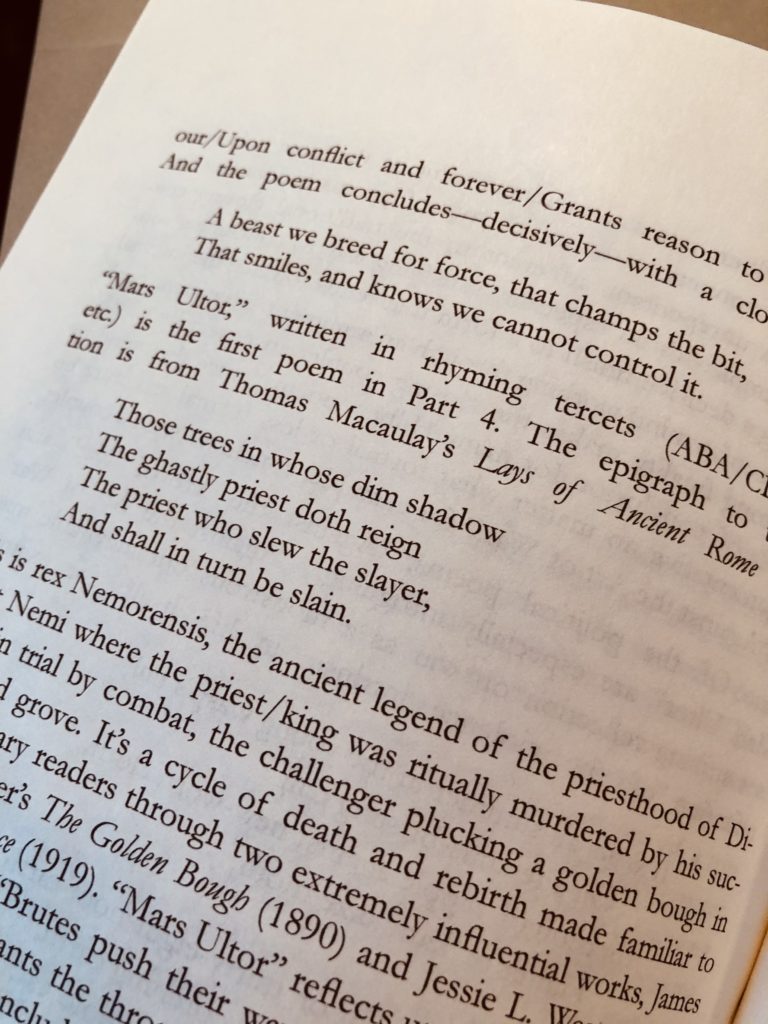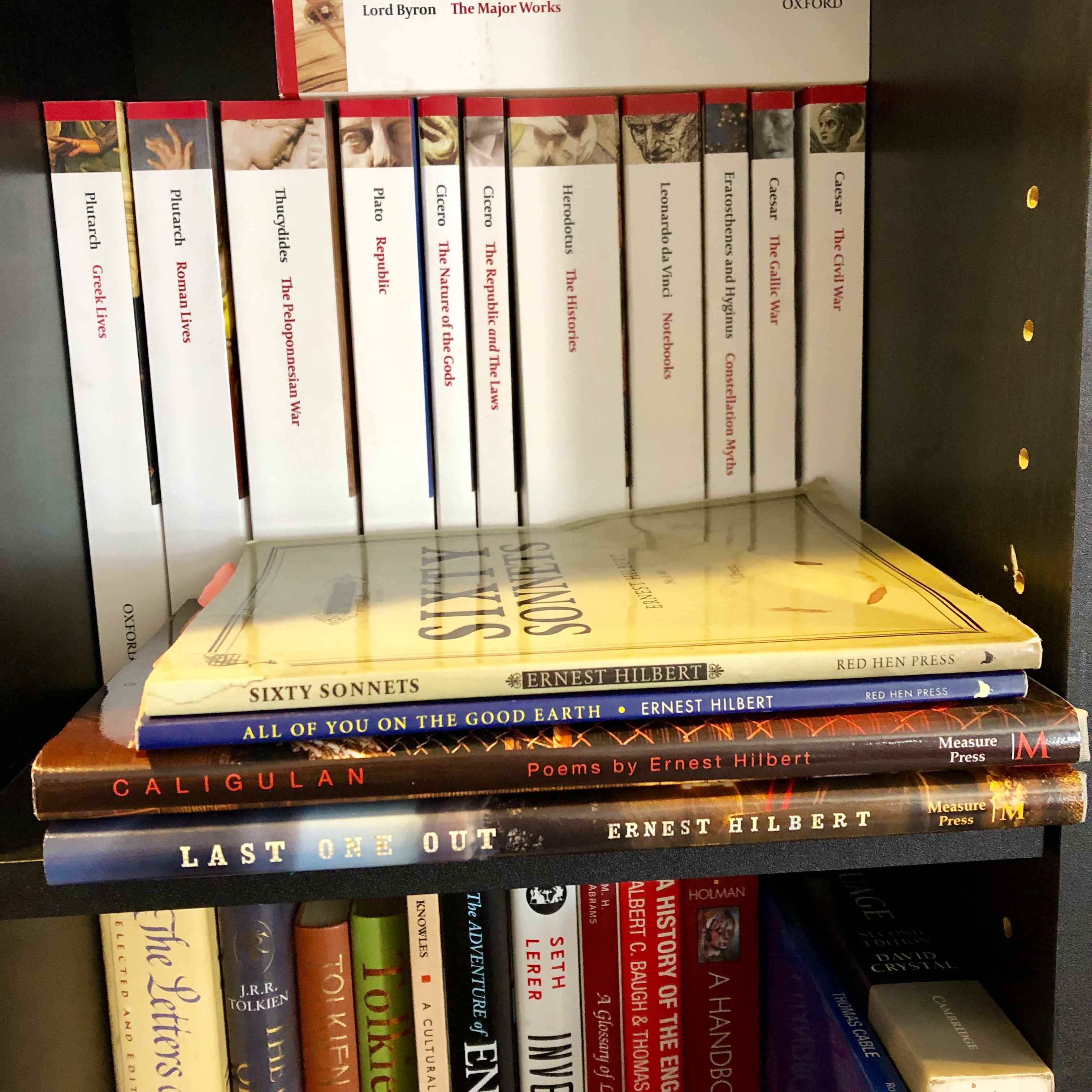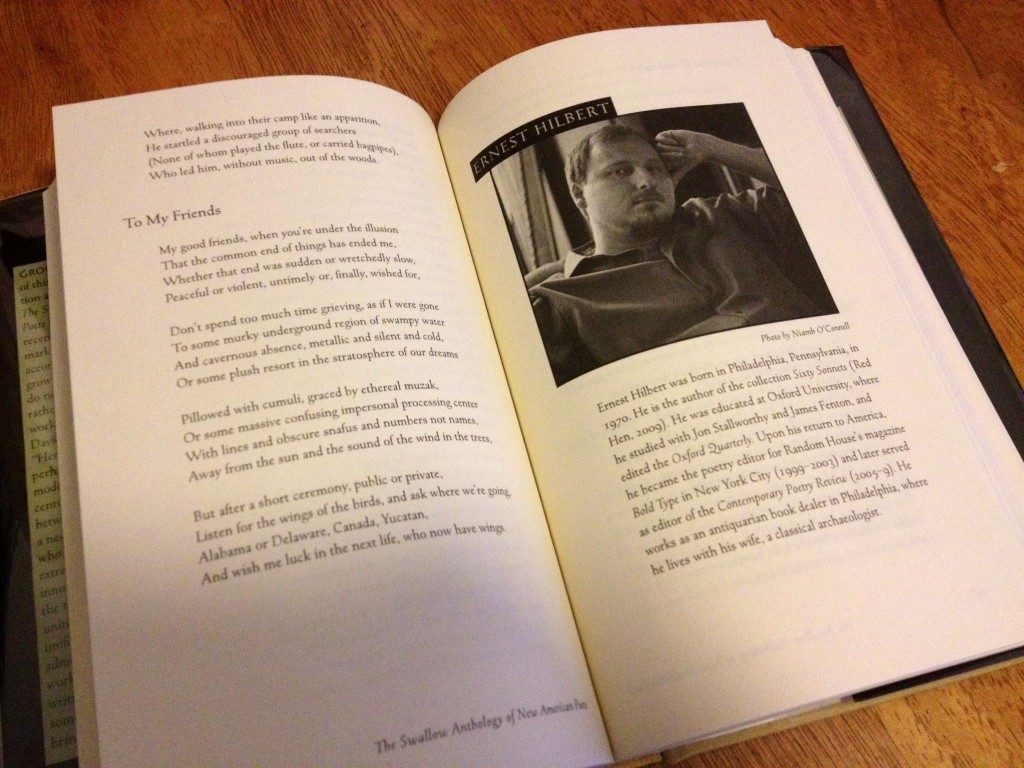

Ackermann, Grundzüge der theoretischen Logik, vol. XXVII of Die Grundlehren der mathematischen Wissenschaften in Einzeldarstellungen, Springer, Berlin, 1928. Hilbert, D., On the infinite, in Jean van Heijenoort, (ed.), From Frege to Gödel, Harvard University Press, 1967, pp. van Heijenoort, (ed.), From Frege to Gödel, Harvard University Press, 1967, pp. Hilbert, D., The foundations of mathematics, in J. (Lecture delivered in December 1930 in Hamburg). Hilbert, D., Die Grundlegung der elementaren Zahlenlehre, Mathematische Annalen 104:485–494, 1931. Hilbert, D., Die Grundlagen der Mathematik, Abhandlungen aus dem mathematischen Seminar der Hamburgischen Universität 6(1/2):65–85, 1928. Hilbert, D., Über das Unendliche, Mathematische Annalen 95:161–190, 1926. (Lecture delivered on 11 September 1917 at the Swiss Mathematical Society in Zurich). Hilbert, D., Über den Zahlbegriff, Jahresbericht der Deutschen Mathematiker-Vereinigung 8:180–184, 1900. Mathematisch-physikalische Klasse aus dem Jahre 1900, 1900, pp. Gesellschaft der Wissenschaften zu Göttingen. Vortrag, gehalten auf dem internationalen Mathematiker-Kongreß zu Paris 1900, Nachrichten von der königl. Lecture delivered on 6 September 1930 at the Conference on Epistemology of the Exact Sciences in Königsberg German original and English translation. III of Unpublished Essays and Lectures, Oxford University Press, 1995, pp. Feferman, et al., (eds.), Collected Works, vol. Gödel, K., Vortrag über Vollständigkeit des Funktionenkalküls, in S. Davis, (ed.), The Undecidable: Basic Papers on Undecidable Propositions, Unsolvable Problems and Computable Functions, Raven Press, 1965, pp. Gödel, K., On undecidable propositions of formal mathematical systems, in M. English translation of Die Widerspruchsfreiheit der reinen Zahlentheorie originially published in 1939.

Szabo, (ed.), The Collected Papers of Gerhard Gentzen, North-Holland, Amsterdam, 1969, pp. Gentzen, G., The consistency of elementary number theory, in M.E. Gentzen, G., Untersuchungen über das logische Schließen I, II, Mathematische Zeitschrift 39:176–210, 405–431, 1935. Steel, Does mathematics need new axioms?, Bulletin of Symbolic Logic 6(4):401–446, 2000. 3–27.Įbbinghaus, H.-D., Ernst Zermelo, Springer, Berlin, 2007.įeferman, S., H.M. Strahm, (eds.), Turing’s Revolution: The Impact of His Ideas about Computability, Springer, Berlin, 2015, pp. Sieg, Conceptual confluence in 1936: Post and Turing, in G. Jeffrey, Computability and Logic, 3rd edn., Cambridge University Press, Cambridge, 1989.ĭavis, M., and W.

Jeffrey, Computability and Logic, 4th edn., Cambridge University Press, Cambridge, 2003.īoolos, G.S., and R.C. thesis, MIT, 1982.īernays, P., Abhandlungen zur Philosophie der Mathematik, Wissenschaftliche Buchgesellschaft, Darmstadt, 1976.īoolos, G.S., J.P. 77–136.īerk, L.A., Hilbert’s Thesis: Some Considerations about Formalizations of Mathematics, Ph.D. 4 of International Mathematical Series, Springer, Berlin, 2005, pp. Zakharyaschev, (eds.), Mathematical Problems from Applied Logic I: Logics for the XXIst Century, vol. Visser, Problems in the logic of provability, in D.

Barwise, (ed.), Handbook of Mathematical Logic, North-Holland, Amsterdam, 1977, pp. Ackermann, W., Begründung des “tertium non datur” mittels der Hilbertschen Theorie der Widerspruchsfreiheit, Mathematische Annalen 93:1–36, 1925.Īzzouni, J., The derivation-indicator view of mathematical practice, Philosophia Mathematica 12(3):81–105, 2004.īarwise, J., An introduction to first-order logic, in J.


 0 kommentar(er)
0 kommentar(er)
